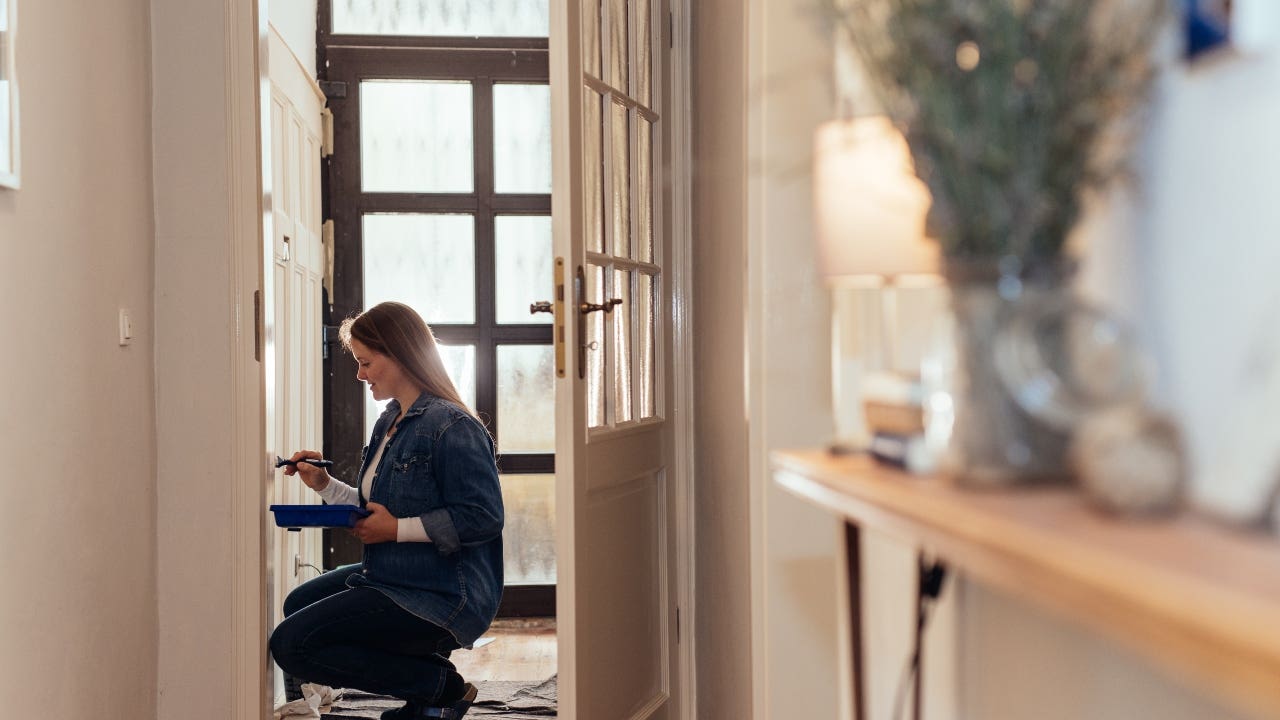A Step-by-Step Guide to the House Auction Process
A Step-by-Step Guide to the House Auction Process When it comes to finding a home, many people may not immediately consider attending a house auction. However, the house auction process can offer a unique and often financially beneficial way of acquiring a property. Whether you’re a first-time buyer or a seasoned investor, understanding how the house auction process works is crucial to making smart and confident bids. This guide will walk you through the entire journey, from preparing for the auction to closing the deal.
What is a House Auction?
A house auction is an event where properties are sold to the highest bidder in a public setting. These auctions are typically held by real estate agents, auction houses, or banks, and the properties available can range from residential homes to commercial real estate. The appeal of a house auction lies in the transparency and the opportunity to potentially purchase a property below market value.

The House Auction Process Overview
The house auction process involves several key stages, each of which plays an essential role in determining whether or not you’ll successfully acquire a property. Here’s an outline of the steps you’ll take:
- Research the Auction
- Prepare Your Finances
- Inspect the Property
- Register for the Auction
- The Auction Day
- Post-Auction Procedure
Now, let’s dive deeper into each of these steps so you can fully prepare for your next house auction.
Step 1: Research the Auction
Before you even think about placing a bid, it’s important to thoroughly research the upcoming auction. Not all auctions are the same, and the properties up for grabs will vary widely in terms of price, location, and condition.
Where to Find Auctions
Auctions are typically listed by auction houses, real estate agents, and banks. Popular auction platforms often host listings of available properties. You can also check local newspapers, online auction websites, and dedicated real estate portals to discover upcoming events.
Review Property Listings
Once you find an auction that interests you, make sure to carefully review the listings for each property. Pay attention to the following details:
- Location: Understand the neighborhood and proximity to essential amenities like schools, shops, and transport links.
- Property Condition: Look for descriptions about the condition of the house. Is it in need of renovation, or is it move-in ready?
- Reserve Price: Some auctions will have a minimum reserve price, meaning the house will not be sold if bidding does not meet this threshold.
The more informed you are about the properties you’re interested in, the better equipped you’ll be to place a strong bid.
Step 2: Prepare Your Finances
Before you step foot in the auction room (or join an online auction), make sure your finances are in order. The house auction process requires a specific type of financial commitment, as successful bidders must be ready to act fast.
Understand the Financial Requirements
When buying a house at auction, you’ll usually need to pay a deposit upfront. This deposit typically ranges from 5-10% of the property’s sale price and is due on the day of the auction. The remaining balance must be paid within a set period, typically 28 days.
Additionally, consider the following costs that may come with buying a property at auction:
- Auction Fees: Auction houses often charge a fee, which is either a flat fee or a percentage of the sale price.
- Legal Costs: You may need to cover legal fees, such as the cost of property searches, contract preparation, and any other administrative expenses.
- Renovation and Repairs: If the house requires work, factor in the potential cost of renovations.
It’s wise to obtain mortgage pre-approval or ensure you have the necessary funds available. Auctions are typically not the place for lengthy negotiations, so ensure your financial plan is solid.
Step 3: Inspect the Property
Due diligence is crucial in the house auction process. Unlike traditional home buying, where you can schedule multiple viewings and conduct in-depth inspections, auction properties often do not allow for extensive pre-auction access.
Property Inspections
If the property is open for viewings before the auction, take full advantage. Attend any open house events or inspection days and make note of the property’s condition. You may even want to bring along a qualified surveyor to assess any potential issues.
If there are no viewings available before the auction, make sure to review any available inspection reports and documents provided by the auction house. These may highlight any structural problems, environmental concerns, or legal issues that could affect the property.
Know the Risks
It’s essential to be aware that buying a house at auction comes with a higher level of risk compared to traditional buying. Auctions often sell homes in “as-is” condition, meaning you cannot negotiate on repairs or condition once the hammer falls. Therefore, you should be prepared to accept the house as-is.
Step 4: Register for the Auction
To participate in a house auction, you’ll need to register with the auction house before the event. This typically involves providing proof of identity and financial capability.
Required Documents
Auction houses will require certain documentation to ensure you are a legitimate bidder. This may include:
- Proof of Identity: A government-issued ID such as a driver’s license or passport.
- Proof of Funds: Bank statements or a mortgage pre-approval letter to confirm you can cover the deposit and remaining balance.
- Registration Form: A completed registration form provided by the auction house.
Understanding the Bidding Terms
Before registering, make sure you understand the specific auction terms and conditions. This includes knowing the deposit amount, auction fees, and any other relevant details such as the length of time you have to complete the sale.
Step 5: The Auction Day
The day of the auction is both exciting and nerve-wracking, but with the right preparation, you’ll be ready to make an informed decision.
The Bidding Process
The auctioneer will start the bidding at a set price, which may be the reserve price or an amount lower to get things started. Bidders will then raise their paddles (or click their bids in online auctions) to place their offers.
The auctioneer will continue to call out bids until only one bidder remains, at which point the hammer will fall, and the property will be sold.
Stay Calm and Confident
It’s easy to get caught up in the heat of the moment, but try to stay calm and stick to your budget. Set a maximum bid before entering the auction room and don’t exceed it, no matter how tempting the property may seem.
Winning the Auction
If you’re the highest bidder, congratulations! You’ll be asked to sign the sale agreement and pay the deposit on the spot. The auction house will then arrange for the completion of the sale.
Step 6: Post-Auction Procedure
Once the auction is over, there are a few remaining steps before you officially own the property.
Pay the Balance
If you’ve won the auction, you’ll typically have 28 days (or whatever the agreed-upon term is) to pay the full balance of the property price. Ensure that you have your financing or funds in place to settle the amount.
Closing the Deal
Upon payment, you’ll receive the title deed, and the property is officially yours. The auction house will often assist with the final legal paperwork and provide you with any additional documents required to complete the transaction.
Moving In
Once the sale is complete, you’re free to move into your new property. If you’ve purchased a house that requires renovations, you can begin making the necessary improvements to make it your own.
The house auction process is an exciting and sometimes lucrative way to purchase a property. However, it’s not for the faint of heart. With the right preparation, research, and financial readiness, you can make the house auction process work in your favor. Remember to stay informed, set a budget, and be strategic with your bids. By following this guide, you can confidently navigate the world of house auctions and potentially secure your dream home at an excellent price.








